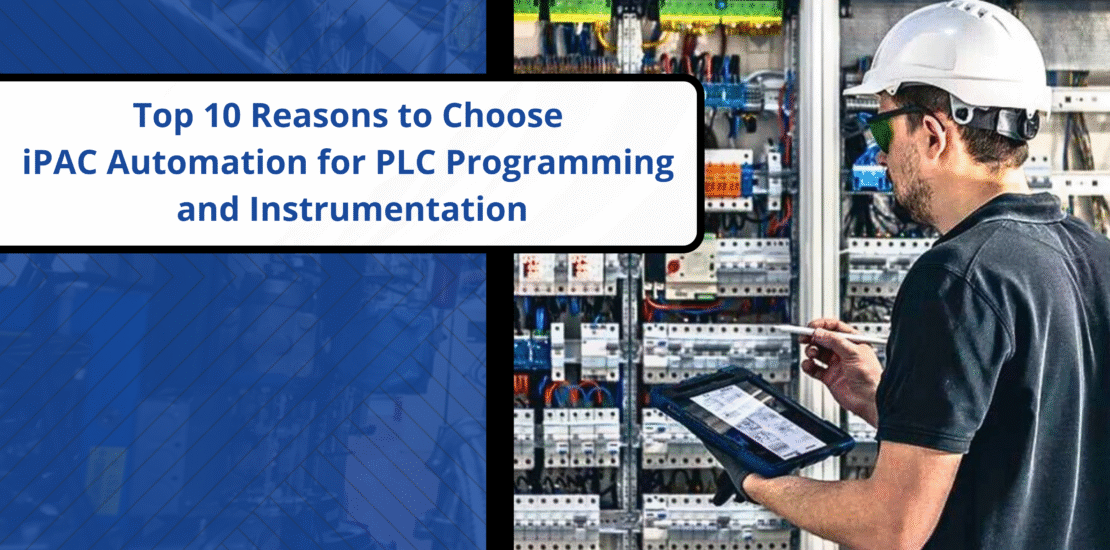Uncategorized
-
6 Advantages of Partnering with Certified Instrumentation Engineers in India
- July 10, 2025
- Posted by: amol pharos
- Category: Uncategorized
No Comments
-
10 Benefits of DCS Programming for EPC Companies: A Comprehensive Guide to Optimizing Project Execution
- July 8, 2025
- Posted by: amol pharos
- Category: Uncategorized

-
PLC Migration Services: Smoothly Transitioning Your Legacy Systems
- June 15, 2025
- Posted by: editor
- Category: Uncategorized

-
Machine Safety Solutions: Protecting Your Workforce and Assets
- June 14, 2025
- Posted by: editor
- Category: Uncategorized
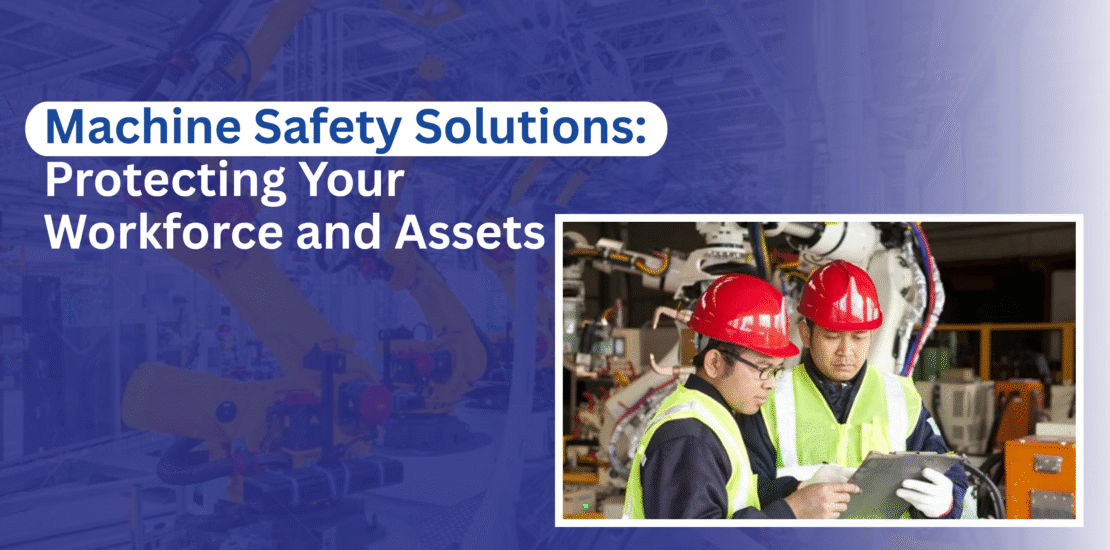
-
The Benefits of Modular PLC Design for Scalability
- June 13, 2025
- Posted by: editor
- Category: Uncategorized
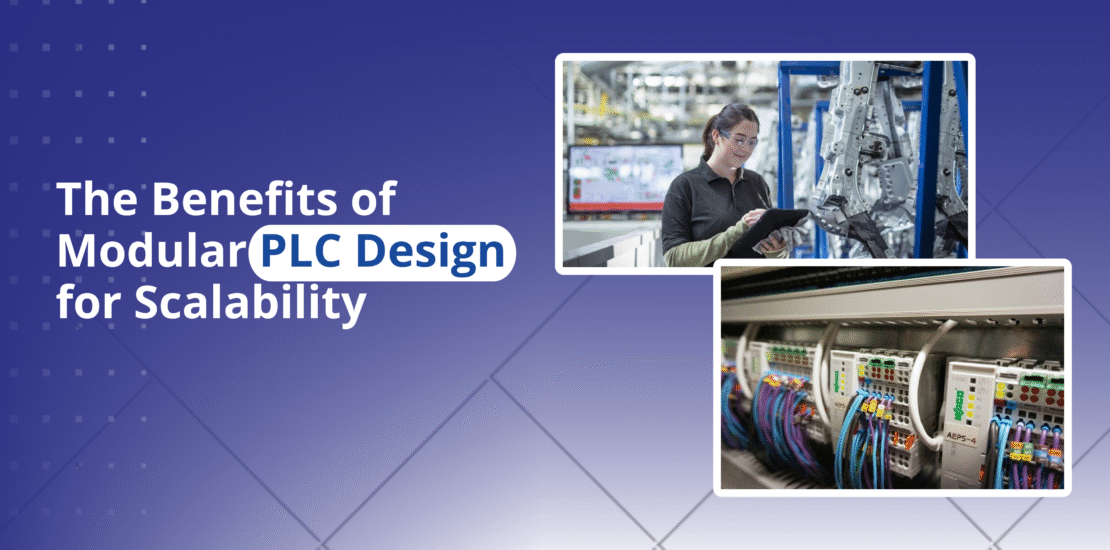
-
Turnkey Control Panel Solutions: Simplifying Your Automation Projects
- June 9, 2025
- Posted by: editor
- Category: Uncategorized

-
PLC Scan Optimizing Time: Boosting Performance in High-Speed Applications
- June 7, 2025
- Posted by: editor
- Category: Uncategorized
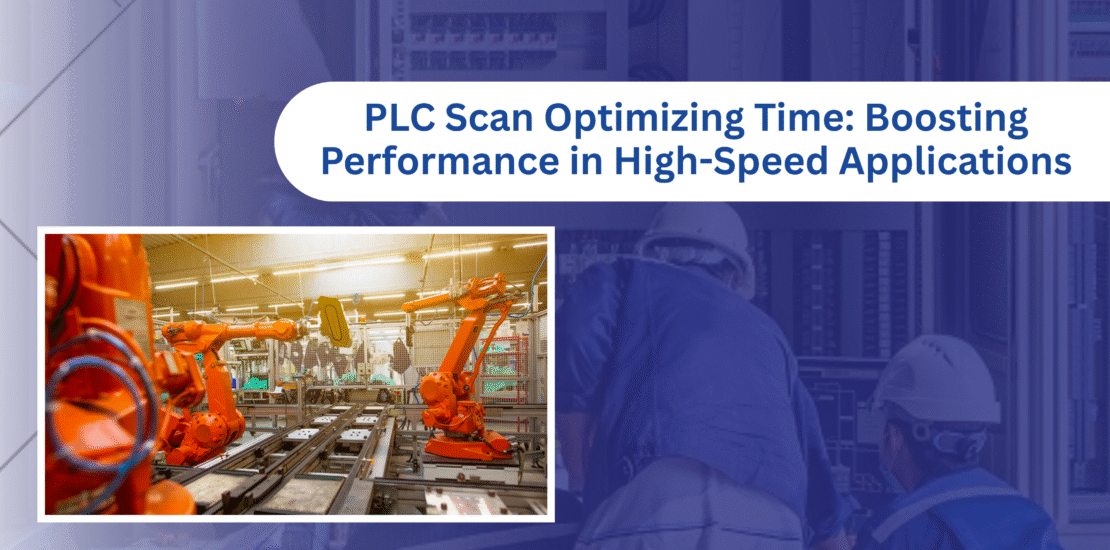
-
Developing Custom PLC Logic: Customizing Automation to Your Needs
- June 5, 2025
- Posted by: editor
- Category: Uncategorized
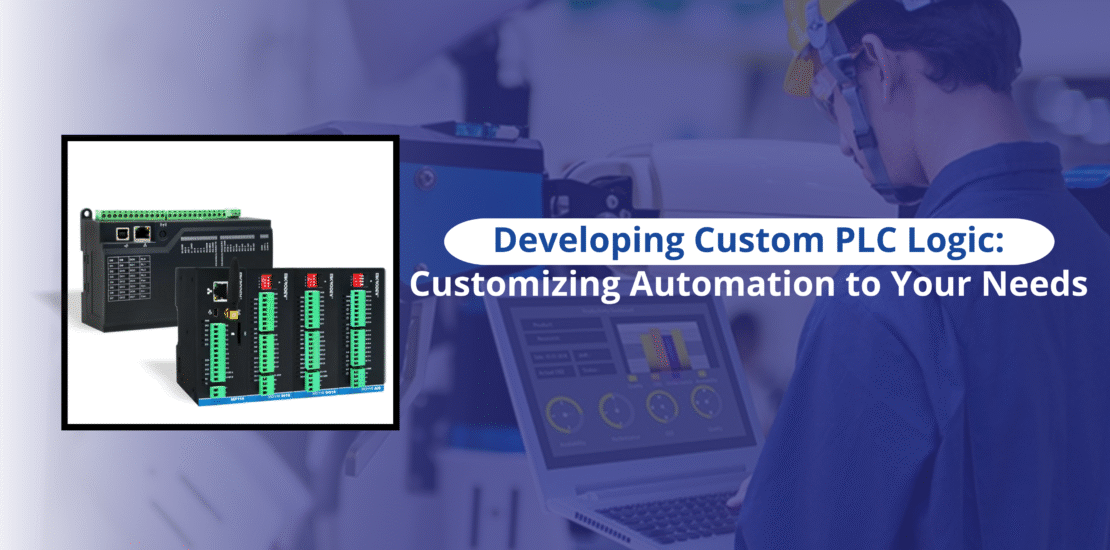
-
PLC Driven Automation in Smart Instrumentation Projects
- May 14, 2025
- Posted by: editor
- Category: Uncategorized

-
Top 10 Reasons to Choose iPAC Automation for PLC Programming and Instrumentation
- May 12, 2025
- Posted by: Ashish Dayma
- Category: Uncategorized
